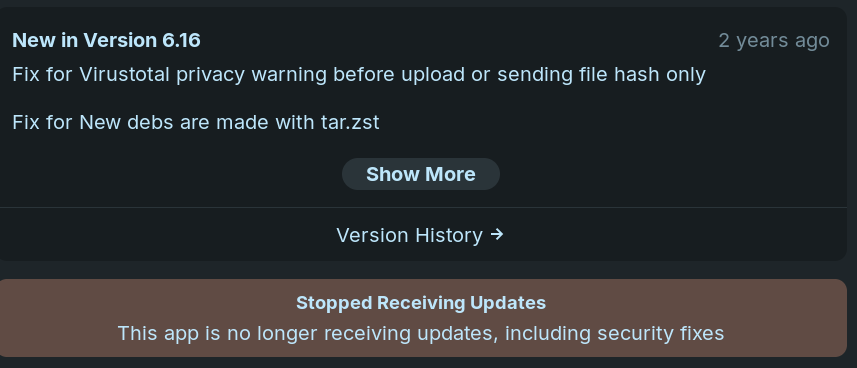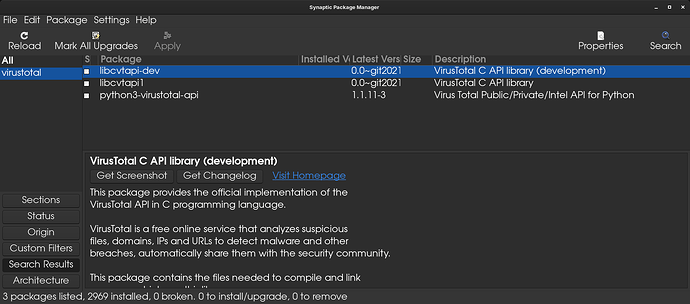That is not the only reason. While Linux is not impenetrable, it has a few security mechanisms like file system-level permissions that work right out of the box. This alone goes a long way in protecting the overall system.
Package management has also been a better way of installing software that Linux has been using since at least the 90's. Windows now does this as well, but until not too long ago, people just got their software from wherever they could find it: sketchy sites that embedded all sorts of junk in the binaries; random seeders on eMule; even open air markets on the street that offered cracked software and games...
Most Linux users also tend to be more tech savvy, making them more wary of all these little gotchas. And when downloading stuff online, there are usually ways to verify the integrity of what you downloaded. This alone goes a very long way to verify that you're getting what you want.
Managing expectations is an important part of any product's success.
The #1 reason that I see people getting frustated when stepping out of Windows... is that things are not exactly like they are used to. But that should be no surprise: Linux is not Windows, and Windows is not Linux. One has to have an open mind and realize that there's going to be a bit of a learning curve.
When I first used MacOS after all my life using only Windows, I hated it. Despite having so many awards and being praised for their UX/UI design and whatnot. I wasn't comfortable with it... because it was not the Windows that I knew and loved.
The same thing happened when I first used Linux. I hated it. I absolutely despised it. I couldn't even get Chrome installed. "What a piece of junk, why can't it be like Windows?", I thought.
You see, the problem was never MacOS, Linux or Windows. It was me. I was locked-in in how things were supposed to work and couldn't accept a different way of doing them. Over time, however, I started having those "aha!" moments. The more I understood, the more productive I became.
And, guess what? A couple of years ago a friend of mine asked me for help to set up something in her Windows 11 machine (which I had barely used)... and I hated it!  The interface looked nice and pretty, but I didn't understand it anymore. Everything has changed so much, that I struggled doing things that I took me seconds with Windows 7... or now in Linux.
The interface looked nice and pretty, but I didn't understand it anymore. Everything has changed so much, that I struggled doing things that I took me seconds with Windows 7... or now in Linux.
So, back to firewalls and anti-viruses... I understand what you mean, but you can't have it both ways.
People are going to expect everything to work out of the box: like multi-player games, network printers, or apps like Zorin Connect. But a lot of these things are not going to work with a firewall enabled.
We could argue which is better: firewall on/off by default. Which is to say you either have convenience, or you have security; a very common fork in the road when it comes to security. No matter what you choose, I guarantee someone is going to complain out of lack of understanding.
Personally, I would prefer to have it enabled by default. But the truth is that it won't make a big difference to most casual users at home, who are more likely to turn it off entirely anyway at the first sign of trouble.
As for anti-viruses... I've come to realize that this expectation that a computer has to have an anti-virus is fundamentally flawed, and damaging. For one, these are for-profit companies, that have been caught stealing user data and installing malware on the device they were supposed to protect before.
The best anti-virus? Exercise caution and common sense. For example, you can run ClamAV on downloaded files or check them against VirusTotal as suggested above.
I have, and I'm sure it has improved a lot ever since I did a few years ago, but I did run into a lot of trouble with it. It did work, but it kept messing with my network settings and I'd often boot to a computer with no network access. But like I said, I'm sure it has improved since then.

